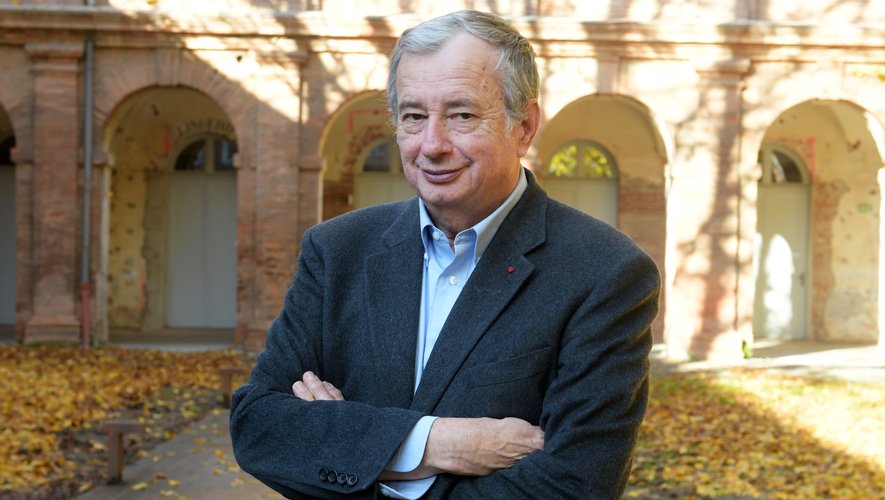Professor Bruno Vellas, head of the department of internal medicine and geriatrics at the Toulouse University Hospital, has recently been in charge of a university hospital institute which has become the first Gerontopôle in France. Its objective: that the elderly “age in good health”. Interview.
How will a University Hospital Institute (IHU), dedicated to healthy aging and supported by the Toulouse University Hospital, Toulouse 3 Paul Sabatier University and Inserm, change research on the treatment of related pathologies? to aging?
It is primarily a subject of translational medicine. It can range from biology to the clinic. The objective is to understand and measure the biological process of aging in order to be able to delay the pathologies associated with it. The most common are Alzheimer’s disease, but also cardiovascular diseases, etc. The idea is that basic biological research works closely with clinicians so that biological age can be determined. Which is not chronological age.
What is the difference ?
Chronological age is our civil age, that is, the time we have spent on earth. But this only explores the biological age which reflects the life process. It is he who is at the origin of age-related pathologies. We want to measure this age to detect subjects who have too high a biological age.
Is this partly the work of Geroscience?
It is indeed a new, emerging discipline. It is based on the principle that aging is the main risk factor for pathologies linked to aging. We agree. The older we get, the greater the risk of having cancerous, cardiovascular and degenerative diseases. But for a long time, it was said that aging was an unmodifiable factor. Certainly, but it was based on civil age. At the research level, we are beginning to have good results on the measurement of biological age. We will be able to identify subjects who have an abnormally high biological age and on whom we can act to delay the pathologies linked to aging.
Can we imagine in the future delaying the aging process of an elderly person?
What we are talking about right now is not science fiction. When we age, we produce senescent cells which secrete proteins, particularly inflammatory proteins, which can lead to pathologies linked to aging. Currently, we have senolytic treatments [permettant l’élimination sélective des cellules sénescentes d’un tissu ou d’un organisme entier, NDLR]. This may be one of the great revolutions in medicine tomorrow. But our goal is not to extend life, but to delay pathologies. The other aspect which is important is to age in good health, to keep our functions (sight, vision, mobility, memory, etc.). The goal of the Geroscience program is to measure how we maintain our functions to prevent addiction.
The IHU HealthAge is a fantastic research and evaluation laboratory for healthy longevity, which is part of the ICOPE program, designed by the World Health Organization (WHO)?
We already have 34,000 people benefiting from the “Inspire” program in the region. It is an application that allows seniors to measure their functions. The data is then transferred to a database, nurses provide telemonitoring and can notify a person’s attending physician at any time if the results are worrying. We become the first gerontopole in France, there are twelve IHU selected at the national level. In Toulouse, it will be directed by Professor Heike Bishoff-Ferrari from the University of Zurich and Professor Bruno Conti from San Diego who will lead the Geroscience program.
A basic research tool
The IHU will be legally sheltered by the “Hospital Foundation for Health Prevention: from basic research to public health actions” which will be integrated into the Toulouse University Hospital. On February 2, Toulouse University Hospital, Toulouse 3 Paul Sabatier University and Inserm passed the oral examination of the international jury for the France 2030 “Accelerate our health research” program. The university hospital institute thus obtained state funding of 10 million euros. For its part, the Occitanie Region has mobilized more than 12.6 million euros to support the creation of the Inspire research platform

